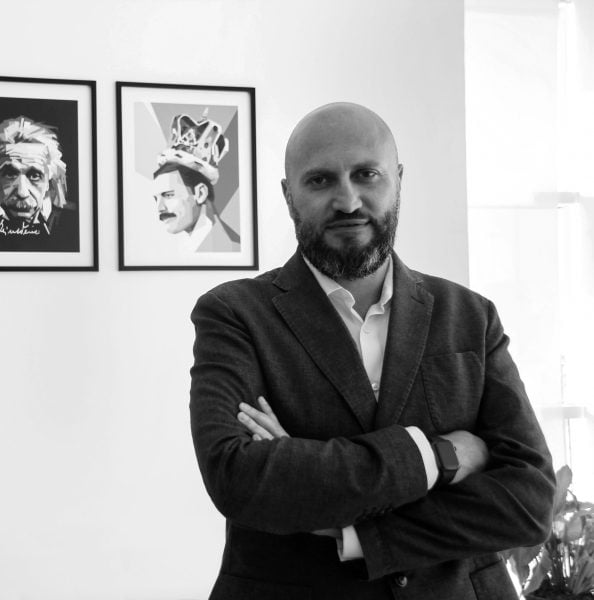 A relatable normal
A relatable normal
It was a warning. To reinvent everything – the way we pitch for new clients, the way we work, how we collaborate, where we sit, what we say and the ideas that fill our creative decks.
A drastic change was the only way to move forward. To some, it was exciting, but mostly, it was frightening. The math’s easy – our brains love to conserve energy. But change means disrupting the body’s homeostasis and that means our brains will have to work overtime to rewire habits. So stepping out of the norm isn’t always met with the most heartwarming welcome, unless, one was given a good reason to believe that the result of the change will be bigger than the reason to change.
Is the ‘new normal’ a big enough reason to change?
The phrase, ‘the new normal’ is mildly comforting – allowing us to believe that it’s OK to be where we are – “it’s all normal, I’ve done well with normal, and this is just another version of it and soon everything will be alright, just like before”.
On the whole, a brilliant way to quell uncertainty and gain back a sense of control. At best, the ‘new normal’ sounds seductive – that out of all the pandemic chaos, we’ll delight in newfound stability.
But to the ever-elastic agencies and creatives, the idea of stability can be unsettling.
Especially since we’ve invested in blinking rave suits for virtual music festivals, updated our iPhones so that they’ll recognise our masked faces, and paparazzied robots which are patrolling parks in Singapore, taking temperatures in the UAE and flipping burgers in LA.
Now that we’re crushing the novel coronavirus blues with creativity and innovation, new or not, normal does seem a tad boring, doesn’t it?
Evolving e-space into empathy space
We don’t recall everything, thankfully. But we do tend to remember emotionally-charged events better. The stronger the emotions evoked, the greater the memory effect.
Also, remembering is easier when our mood matches the mindset we were in, when we were experiencing or learning the information.
Memories of the pandemic are here to stay for many. A great variety of ‘firsts’ and ‘disruptions’ will be recalled at a later stage with ease. And if we’re lucky, there’s a slight chance people might remember effective ad campaigns that’s harmonious with relevant emotional states.
Contrary to what some believe, empathy isn’t a virtue; it’s a reliable skill that begins with observing and asking sincere questions to stay relatable to people – “how can we make a difference, how can we help, is there any way we can keep doing what we do but in a way that impacts not just your present, but your full journey.”
If clients haven’t thought about empathetic communication, then maybe, right now is the perfect time for agencies and creatives to offer the gentle nudge – “hey, how about we think less about what you want as a business and more about how it would make your customer feel?” – to remind them, and ourselves that empathy is indeed not a superpower, but a voluntary skill.
Personally, ideating this way has left us with fewer burnouts and far more brilliant ideas. At the end of the day, beneath all the tech, swipes, likes and reshares, we are all just yearning for the human connection.
A purposeful normal
Crisis and post-crisis recovery is a great time to try out new ideas, discover new opportunities and kickstart honest conversations. Finding new ways to identify with customers and serving them will not only create memorable connections, but purposeful relationships.
And that’s what the human mind needs for a successful change – purpose – something to feel good towards; something to look forward to. Agencies that understand this will effortlessly embrace a change that isn’t reactive, but proactive – the result of being consistently adaptable and flexible.
As C2 Comms, we’re intending to stick around longer in the hearts of our customers and clients by creating an oasis of calm, in the chaos of the e-space. Let’s talk.









